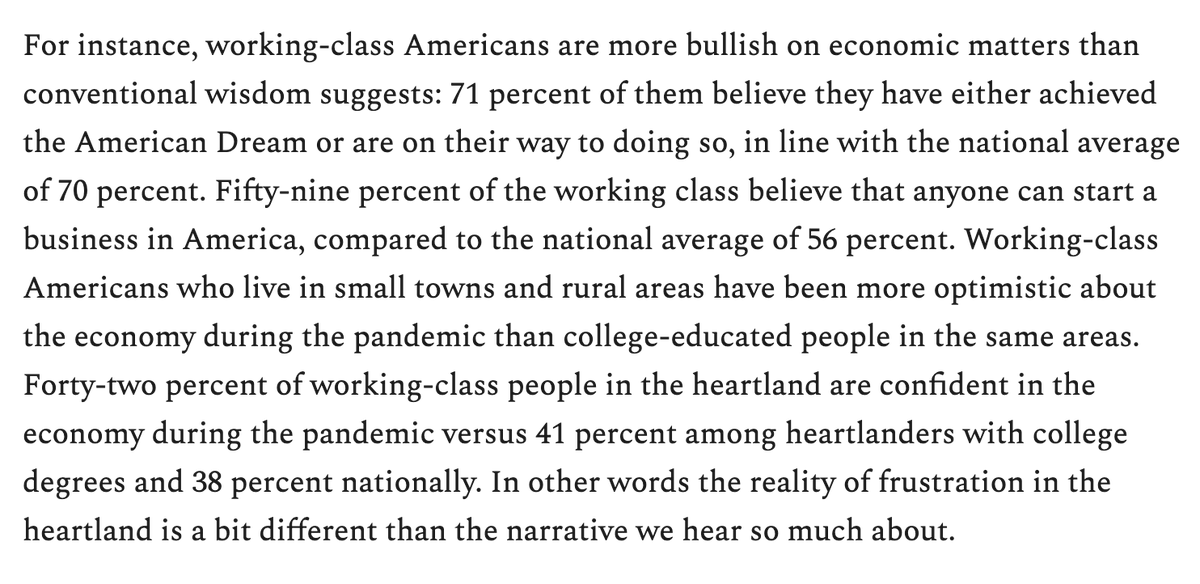
My Sunday column: Do Liberals Care If Books Disappear?:
nytimes.com/2021/03/06/opi…
nytimes.com/2021/03/06/opi…
One further note: Far from being a minor controversy this strikes me as a really important and complex one; I could have easily written another thousand words just on similar questions around The Adventures of Tintin.
I'm not a free-speech absolutist and the arguments I've applied to pornography in the past have applications to certain forms of racist speech and publication.
But one point from free-speech absolutists that I think is well taken is that you can assess the wisdom and legitimacy of a given speech regime by how much real art it touches and how much of the past it tries to sanitize and bowdlerize.
Thus the anti-porn crusade that bans or disappears Ulysses and Lolita has gone too far. And the anti-racism that unpublishes Mulberry Street or McElligot's Pool (and yes, Seuss is art) similarly.
These are not all clear-cut cases. I think it's okay that Tintin in the Congo effectively exists in a liminal space, still available but not sold as part of the normal Tintin set. If the Seuss estate had just edited or even scrubbed If I Ran the Zoo I would be less troubled.
But applying the (apparent) Seuss Estate standard of ethnic stereotype would unpublish a lot of Tintin, and require the disappearance of early Disney movies. That's a good indicator that it's a bad standard - but who knows, maybe where we're headed.
polygon.com/disney-plus/20…
polygon.com/disney-plus/20…
I might write a column about whether it's possible to maintain a long-term equilibria of mild censoriousness without either having it collapse (as in the '60s) or turn into oppressive philistinism (as, maybe, now). Has applications for other issues (drugs, gambling) as well.
Last word: The first non-Cat in the Hat Seuss I remember reading was The Butter Battle Book, an Xmas present at age six or so. I hate its moral-equivalence politics. It's a work of genius.
The genius lies in the way it plays on the childhood (the boy-childhood, especially) obsession with gadgets and gizmos and Cool Weapons while delivering a Commie-peacenik message. Does the latter subvert the former, or vice versa? I'm still not sure.
My weapons-obsessed 5-year-old son loves it now. "I'll blow you into pork and WEE BEANS!" he bellows. "I'll butter-side-up you to small smithereens!” Is he subverting Seuss's message, or being subverted? Dunno. That's why it's art. /finis
• • •
Missing some Tweet in this thread? You can try to
force a refresh





